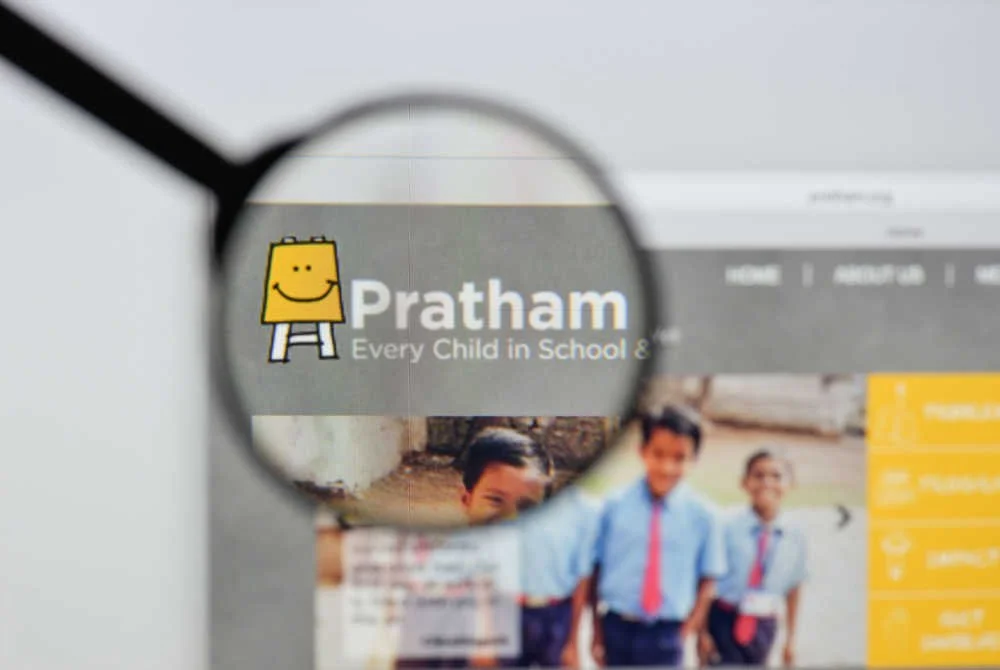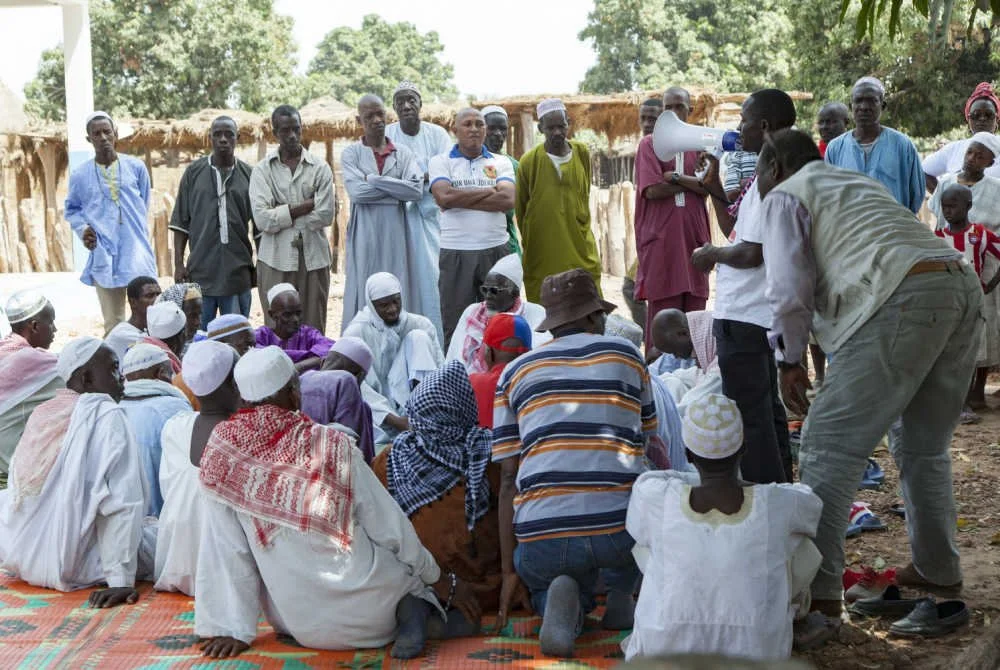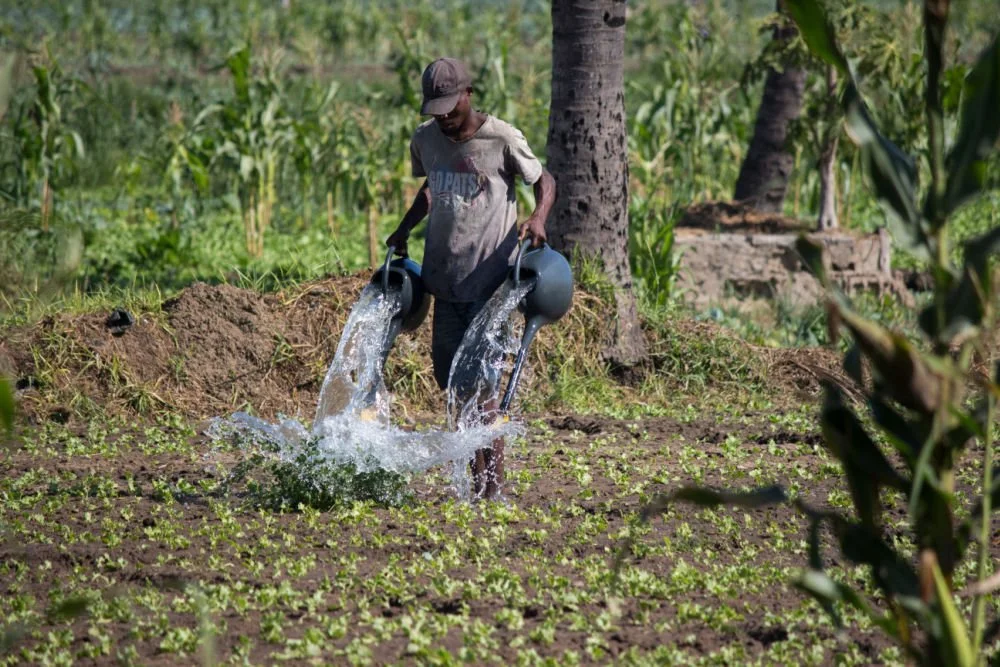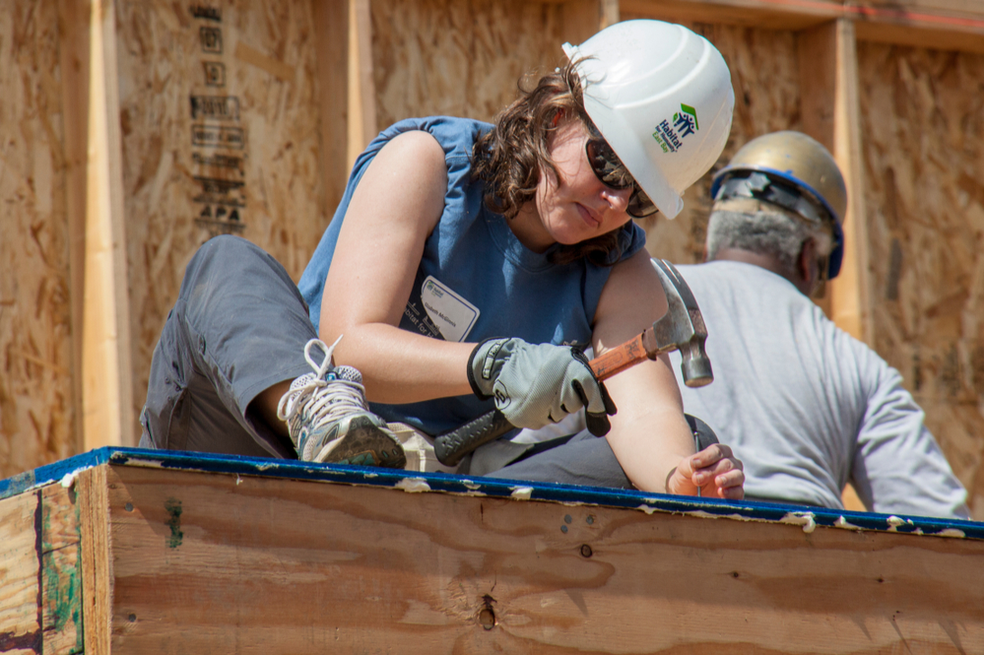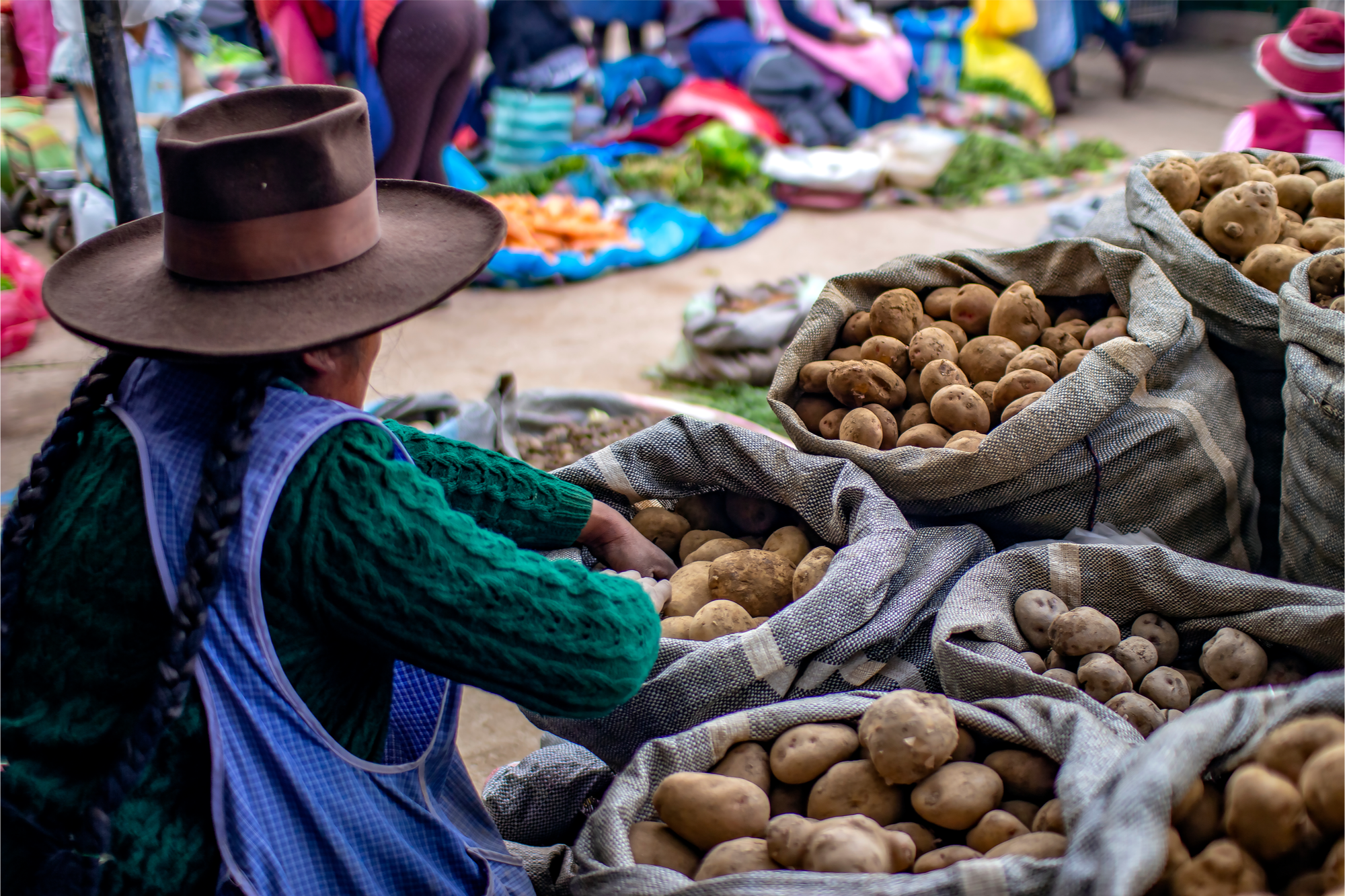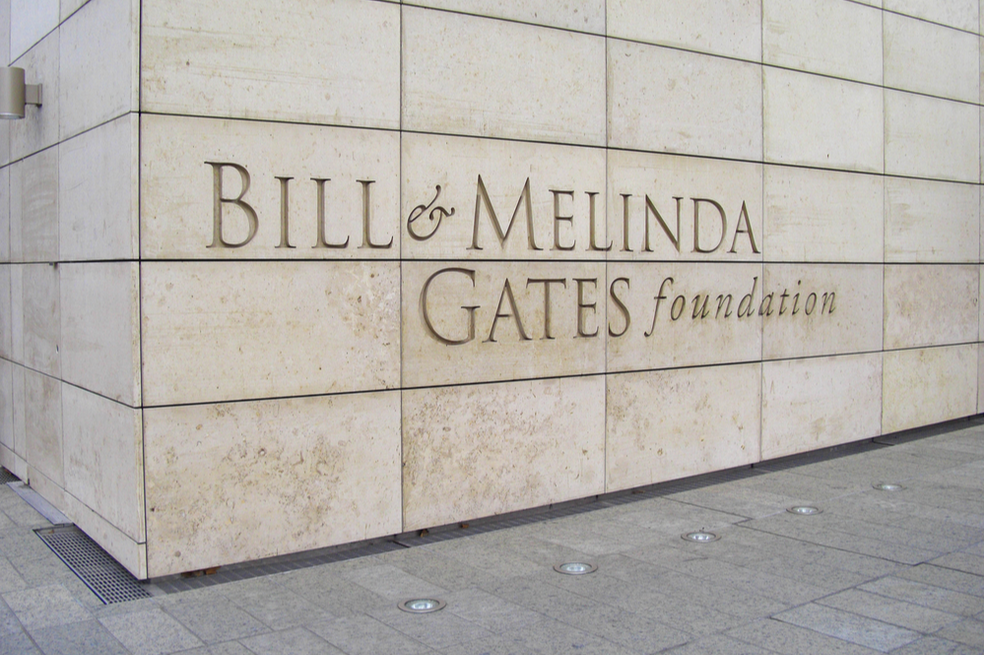What's This Leading Tech Funder Up To in Africa?
/photo: Dietmar Temps/shutterstock
Africa faces no shortage of challenges right now, including famines and wars that are inflicting suffering on millions of people in multiple countries. But one critical issue that doesn't often make the news is the continent's youth bulge. With some 200 million people between the ages of 15 and 24, Africa has the world's youngest population. Many of these young people can't find jobs, and now face bleak economic prospects.
We've reported often on grantmaking efforts to address this problem with various education and employment initiatives. A number of major funders are in this space, including tech companies who see access to technology and digital skills as essential ingredients of economic success for young people in Africa. (And—perhaps needless to say—also see market opportunities in connecting with an emerging generation.)
One player in the mix is Google.org, and it's stepping up its efforts to create opportunity for young Africans. According to the search giant's philanthropic arm, by the year 2034, Africa is expected to have a working age population of around 1.1 billion people. Currently, though, the continent creates only 3 to 4 million jobs each year. Creating jobs at a faster clip is critical to the continent's economic future—and perhaps to peace and stability, too.
Juliet Ehimuan-Chiazor, Google’s country manager in Nigeria, says, “There’s an urgent need to create opportunities for the millions of people on the continent who are creative, smart, and driven to succeed. The internet, and technology as a whole, offer great opportunities for creating jobs, growing businesses and boosting economies.” Last month, Google.org announced a commitment of $20 million over the next five year to help make those opportunities happen.
Prior to this new pledge, Google.org set out last year to bridge the digital skills gap in Africa. Its goal was to train at least 1 million young people, either in person or online, in things like building a web presence, searching for jobs, using social media, and so on. Google says it exceeded its 1 million person target. Over the next five years, it is planning to train an additional 10 million people for jobs, initially focusing on Nigeria, Kenya, and South Africa.
Related: Bending the Learning Curve: Google.org’s Latest Commitment to Education Technology
So where will that $20 million go? Over the next five years, Google.org will seek out nonprofits that are working on a broad mission to “improve lives across Africa.” It has awarded early grants totaling $2.5 million to the charitable arms of African startups Gidi Mobile and Siyavula.
Gidi Mobile is an African mobile technology company that offers, among other things, an online learning platform with courses for multiple target audiences including students, professionals and vocational workers. Siyavula is also an online learning platform, but it’s geared toward helping students study math and science. Siyavula also offers free downloadable math and science textbooks for grades four through 12. Google.org’s $2.5 million in funding is to both companies is providing access to learning for a combined 400,000 low-income students in South Africa and Nigeria. The funds also support the development of new digital learning materials, which both companies will offer to anyone free of charge.
Tech-centric approaches to education and global development have often been criticized in recent years. And as we've frequently reported, corporate philanthropic strategies are increasingly aligned with long-term self-interest. On the other hand, many corporate funders are also keen to do good in ways that maximize their comparative advantage. It makes sense that Google—like Microsoft, Salesforce and other tech companies—would put technology as the center of its philanthropy in poor countries.
While $2.5 million in grants so far may seem like a slow start for a giant like Google, bigger plans are afoot. In 2018, Google.org is launching an Impact Challenge in Africa, awarding a total of $5 million in grants to local nonprofits that are making their communities better places to work and live.
In addition to the Impact Challenge, Google has plans to offer broader support to African entrepreneurs through its Launchpad Accelerator program. The initiative offers over $3 million in equity-free funding, mentorships, working spaces, and access to experts to over 60 African startups over the next three years.
Finally, Google is undertaking other activities to make its products, including YouTubeGo, Google Maps and its search engine, work more effectively for people in Africa.
The work that Google.org is doing in Africa, along with that of other funders like the Coca-Cola Africa Foundation, is part of a larger set of philanthropic activities to address the global youth bulge. Africa isn't the only place in the world with a young population. There are around 1.8 billion people in the world ages 15 to 29. One in four people on the planet today fall into that group—and 90 percent of them live in developing countries.













